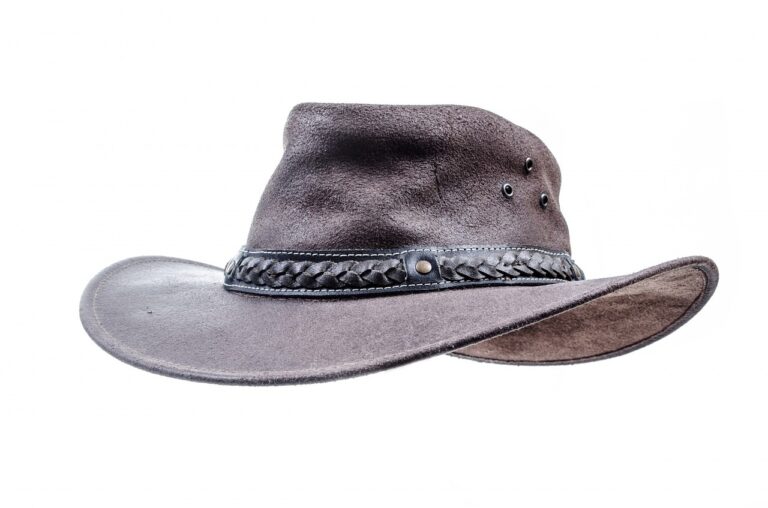The Rise of Sustainable Footwear: Brands Making Strides Towards Eco-Friendly Shoes
When it comes to understanding the environmental impact of footwear, it is crucial to consider the entire lifecycle of a shoe. From the sourcing of materials to production, distribution, and eventual disposal, each step plays a significant role in the overall sustainability of the product. The extraction of raw materials, such as leather and rubber, can lead to deforestation, habitat destruction, and water pollution if not managed responsibly.
Additionally, the manufacturing process of footwear often involves energy-intensive procedures that contribute to greenhouse gas emissions and other forms of pollution. Choosing sustainable materials and production methods can help mitigate these environmental impacts and promote a more eco-friendly approach to footwear design. By prioritizing transparency and accountability in the supply chain, brands can work towards reducing their carbon footprint and minimizing their overall environmental impact.
Innovative Materials in Eco-Friendly Shoes
Sustainable footwear is taking a stride towards eco-conscious innovation, with the use of cutting-edge materials that prioritize the planet while ensuring style and functionality. From recycled plastics and ocean waste to organic cotton and bamboo fibers, designers are pushing boundaries to create shoes that not only look good but also contribute positively to the environment. By incorporating these innovative materials into eco-friendly shoes, brands are making a significant impact in reducing their carbon footprint and promoting a more sustainable future for the fashion industry.
One of the notable materials making waves in eco-friendly footwear is vegan leather, a synthetic alternative that mimics the look and feel of traditional leather without the environmental drawbacks. Made from plant-based materials such as pineapple leaves, cork, and apple peels, vegan leather offers a cruelty-free and sustainable option for conscious consumers. By embracing these innovative materials, designers are revolutionizing the way shoes are made, paving the way for a more environmentally friendly approach to footwear production.
Ethical Manufacturing Practices in Sustainable Footwear
One key aspect of ethical manufacturing practices in sustainable footwear is the implementation of fair labor conditions. This includes ensuring that all workers involved in the production process are treated with respect, paid fairly, and provided with safe working environments. By prioritizing the well-being of their employees, companies can uphold ethical standards and create a positive impact on both individuals and communities.
Another important consideration is the commitment to transparency throughout the supply chain. Brands that practice ethical manufacturing in sustainable footwear are open about where their materials are sourced from and how their products are made. This transparency allows consumers to make informed decisions and support companies that align with their values of social responsibility and environmental sustainability.
What are some examples of sustainable materials used in eco-friendly shoes?
Some examples of sustainable materials used in eco-friendly shoes include recycled plastic bottles, organic cotton, cork, bamboo, and recycled rubber.
How do ethical manufacturing practices benefit the environment?
Ethical manufacturing practices in sustainable footwear help reduce the environmental impact of the industry by minimizing waste, using eco-friendly materials, and promoting fair labor practices.
What should consumers look for when purchasing sustainable footwear?
Consumers should look for certifications such as Fair Trade, Vegan, or B Corp to ensure that the footwear meets ethical and environmental standards. They should also consider the materials used and the manufacturing process.
Are sustainable footwear options more expensive than traditional ones?
In some cases, sustainable footwear options may be slightly more expensive due to the use of higher quality materials and ethical manufacturing practices. However, the long-term benefits for the environment and workers make them a worthwhile investment.
How can consumers support brands that prioritize ethical manufacturing practices?
Consumers can support brands that prioritize ethical manufacturing practices by researching the company’s values and practices, choosing to purchase from them, and spreading awareness about the importance of sustainability in the fashion industry.







